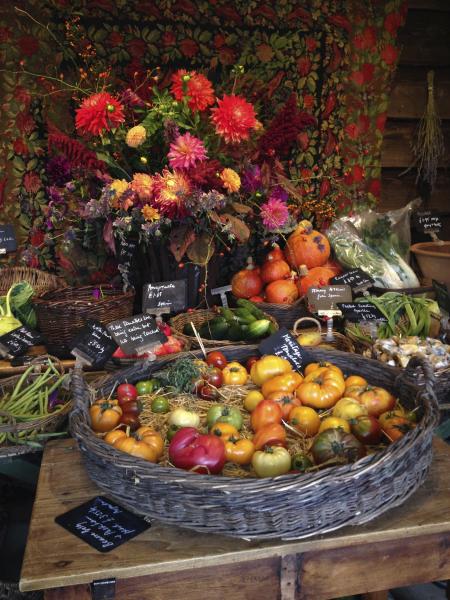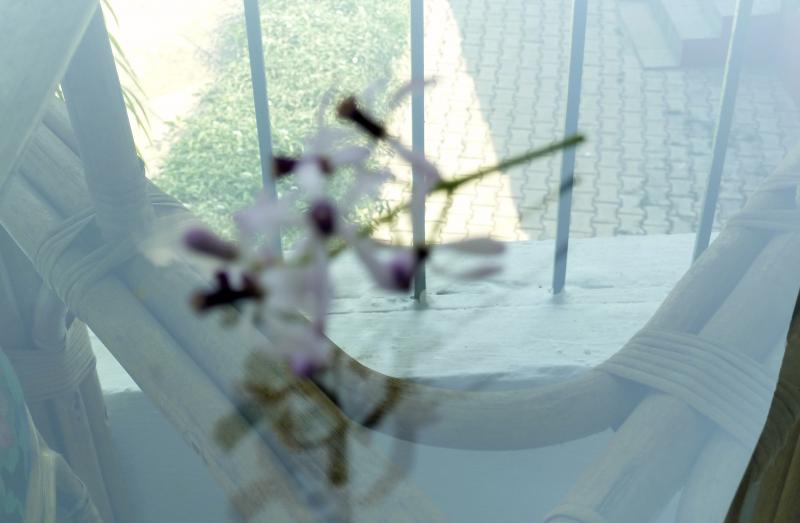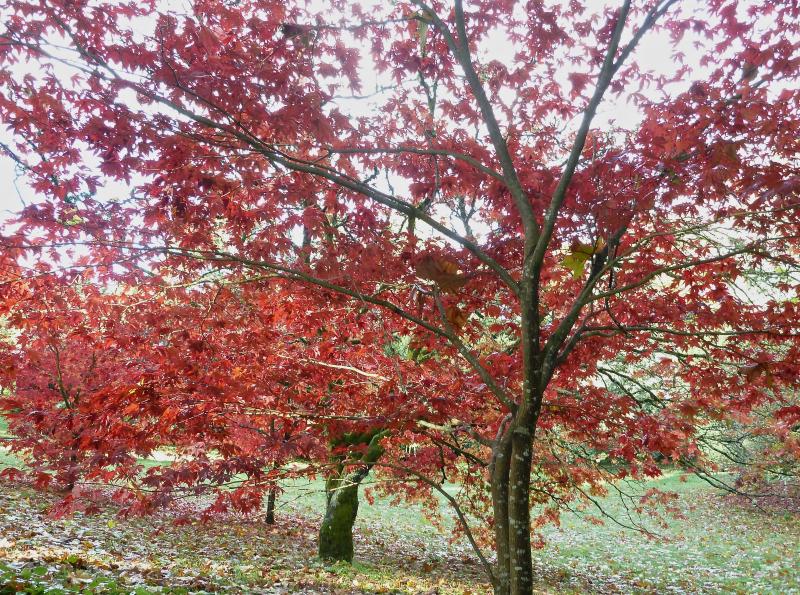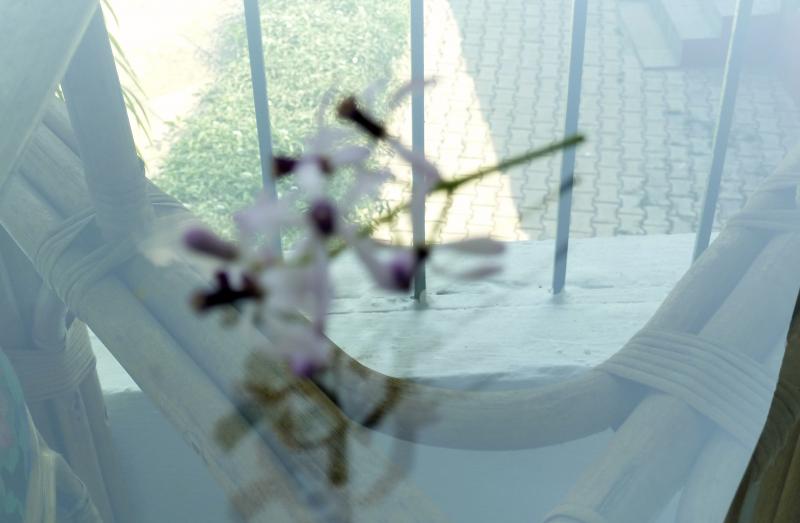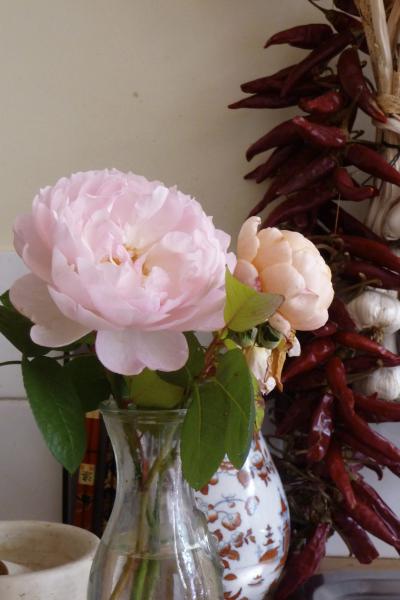
Kunwar Sahib Ranjitsinhji 1897
He never said it but I can imagine Newsnight’s Jeremy Paxman curling his lip at the very thought of the current throwaway tag, “British Values”.
“British Values” he would have sneered, instantly curdling the milk in your tea, “what on earth do you mean by that? It’s rubbish isn’t it?”
The Times columnist Jenni Russell: “The Tory call for schools to teach British values has been met by a chorus of liberal jeers. British values can’t be defined because they can’t be agreed upon, or because talking about them might denigrate other cultures, or because they can only be absorbed, rather than taught.” Not having been born in Britain, I don’t experience the rush of patriotic or jingoistic adrenalin when trying to defend my second motherland, but because I admire many aspects of its culture I am intrigued enough to explore the notion as best I can.

The young dandy, Mohandas Gandhi- The Mahatma,
The sturm und drang about values comes in the wake of the Birmingham Trojan Horse scandal, which like the sex grooming scandal of Rochdale, Oxford and many other places, was known about for years and years. Some say 20, but no one was bold enough to take it on, or take on the implications and the consequent burden of political action.
All the political parties stood up to broadcast their own take on British values so now the phrase is starting to sound like a Music Hall turn. What’s British any more? It’s rubbish isn’t it? What exactly constitutes values? Are they beliefs, icons, immutable facts, or simply utopian ideals? Are they fixed like constellations or do they dissolve and re-form, changing constantly and possess no material substance except for the projection of our longings and hopes?
A comment from Will Self: “The problem with our contemporary secular beliefs is that they’re either makeshift, or entered into unconsciously, simply as a necessary operating system for our busy and digitised lives.” In other words we do need something like values to function as social beings in society.
Opportunistic Indians started to seize their perception of British values in late 19th century India because suddenly the choice was available to become “modern” and move on from hidebound traditional ways. Ideas, economic and professional opportunities were being created and the British colonial power was instituting structures which needed manpower. A rush to acquire the training and qualifications followed which would enable a tiny minority of Indians with means to become members of the legal, medical, educational and business class. On an obvious level they put away the dhoti and pyjama and adopted British sartorial styles. but the aspiring Indian middle class observed and admired the energy, drive and what was perceived as British insistence on straightforward dealing and reliability. A gentleman’s word, resoluteness and physical hardiness (all inculcated at British public schools) were emulated. Many of our fathers and grandfathers adopted Victorian and Edwardian tenets of manners and behaviour and were sneered at for being Brown Sahibs.
The writer and Guardian columnist Ian Jack, writing about the 2007 London bombings compared the stoic calm and resolution of people with the Blitz spirit of 1940-41: “we would be cheerful, we would not be cowed, we would carry on as usual.” He points out that “generalizations about the national psyche- supposing there is one- must always be treated with suspicion.” For example the outbreak of hysterical mourning at Princess Diana’s death and the start of ritual flower-laying at the scene of any tragedy. That doesn’t really go with the traditional stiff upper lip.
Is it a national insecurity that compels the British to parade their “values”? Do the French do that or, gasp, the Germans? Indian values are again being excavated under the new Hindu-biased government, but however one comes to it the notion of national values specific to Britain must have evolved through many different routes: expediency, wrangling, through the mincing machine of historical accident.
Some popular notions have become slogans: Fairplay, Justice, Tolerance, Sense of Humour, Sticking up for the Underdog. You may as well add cable-knit cardigans, Marks and Sparks underwear, fry-ups, fish and chips, boozing and throwing up, The Archers, Corrie, The Royal Family. Surely this isn’t what Dave Cameron would like his hard working immigrant families to embrace: these values rather than bombs in bums, Sharia and burqas?
But how does one understand a phenomenon as complex as Sayeeda Warsi’s resignation from David Cameron’s government. It seems to me to be a compound of Muslim, Pakistani and British values. Does one file it under Fairplay for the Underdog or because she did it while Dave was on holiday so making its below the belt trajectory very un-British; or was her protest beyond the pale of true BVs being more within Oriental Wiliness- or even Italian Machiavelliness? Is she looking out for long term interests, laying foundations for a power base or batting for the Mirpuri Kashmiris (who champion Kashmiri independence).
I shall try to take on the challenge of deconstructing Britishness through my own amateur anthropology and try and arrive at some conclusions about whether the idea is an antiquated catch-all cliche, or if there might be a few grains of truth in such a shared culture.
To be continued.













